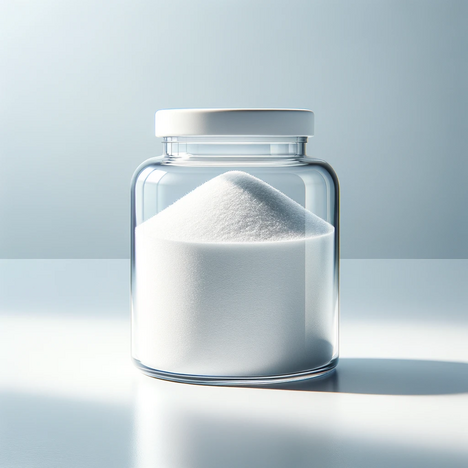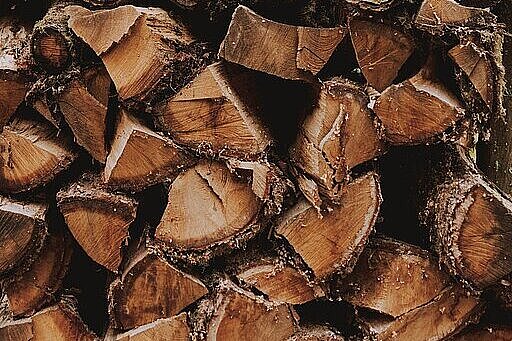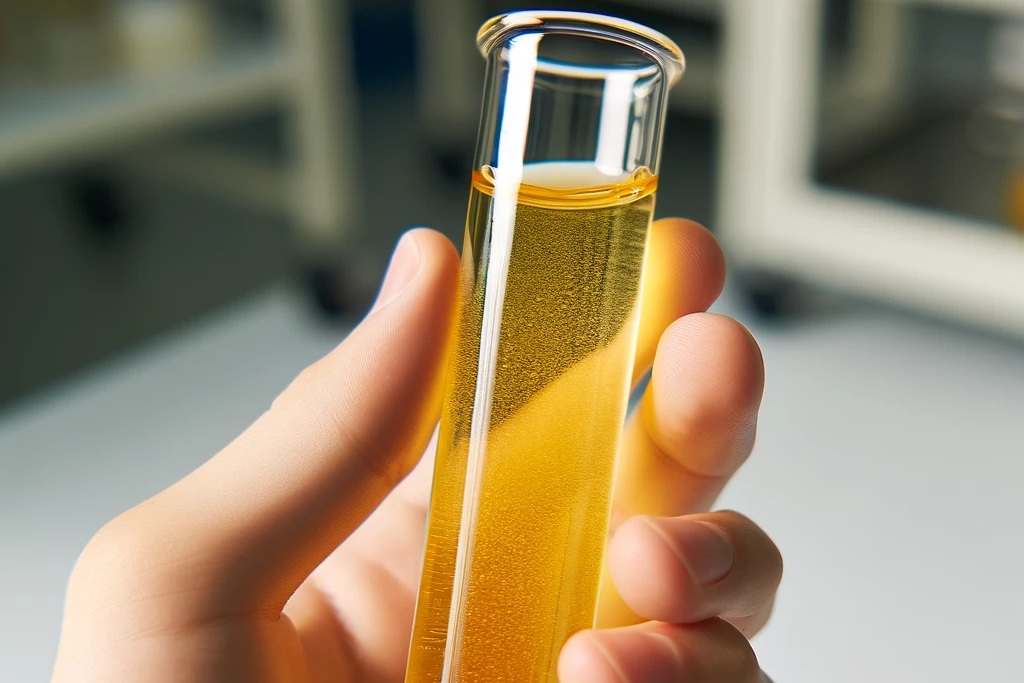Ethyl cellulose

In the world of dog food, ingredients play a crucial role in ensuring the health and well-being of our four-legged friends. Among the many additives found in dog food, ethyl cellulose holds a special place. This article provides an in-depth look at ethyl cellulose, analyzing both the benefits and potential drawbacks of this substance and providing valuable information for responsible dog owners.
What is ethyl cellulose?
Ethyl cellulose is a derivative of cellulose that is produced by the chemical reaction of cellulose with ethylene oxide. It is a water-insoluble fibre that is used in the food and pharmaceutical industries as a thickener, stabilizer and film coating agent. Due to its chemical structure and properties, ethyl cellulose serves as an effective means of modifying the release of nutrients and drugs.
Benefits of ethyl cellulose in dog food
- Controlled release of nutrients: Ethyl cellulose can help slow or control the release of certain nutrients in the dog's digestive system. This is particularly beneficial for supplements and medications that require slow release in the body to ensure maximum absorption.
- Improved stability: Adding ethyl cellulose to dog food can improve the stability of sensitive ingredients and extend their shelf life. This is particularly important for vitamins and other perishable components.
- Weight management support: By slowing the release of nutrients, ethyl cellulose can help prolong the feeling of satiety in dogs, which is particularly beneficial for dogs on a diet or prone to obesity.
Possible disadvantages of ethyl cellulose
- Digestive problems: Because ethyl cellulose is insoluble in water, it can cause digestive problems such as constipation in some dogs, especially if it is present in large quantities or if the dog does not consume enough fluids.
- Allergic reactions: Although rare, it is possible for some dogs to have an allergic reaction to ethyl cellulose. Symptoms of an allergic reaction may include skin rashes, itching and indigestion.
- Risk-benefit assessment: The use of ethyl cellulose must be carefully considered as the benefits of controlled release and stability enhancement must be weighed against the potential risks to the dog's health.
Ethyl cellulose is a versatile additive in dog food that offers both significant benefits and potential drawbacks. While its properties can help control the release of nutrients and improve the stability of the diet, it is important to consider each dog's individual tolerance and health needs. Responsible dog owners should research the ingredients in their four-legged friend's dog food and seek veterinary advice if necessary to ensure their choice meets their dog's nutritional needs and health. Ethyl cellulose may only be a small ingredient in the complex world of dog food, but its impact on the health and well-being of our faithful companions is undeniably significant.
If you notice any signs of hypersensitivity or poisoning in your dog, you should see your vet immediately. We are not a substitute for a vet, but we try to be as accurate as possible. Every dog reacts differently and we recommend you get a second opinion or consult your vet if in doubt.
Stay healthy and take good care of your four-legged friend!😊
Similar to Ethyl cellulose
Hydroxypropylmethylcellulose is a synthetically produced substance obtained from cellulose. Cellulose is a plant fiber that occurs naturally and is found in wood or cotton, for example....
An insight into the chemistry Methylcellulose is a chemically modified derivative of cellulose, the main component of plant cell walls. Treating cellulose with methyl chloride produces a...
CMC is a derivative of cellulose, a plant substance consisting of sugar. CMC is formed when cellulose is treated with caustic soda and chloroacetic acid. Some of the hydroxyl groups of the cellulose...
Polysorbate 80, also known as Tween 80, is a yellowish, viscous liquid used in industry as an emulsifier. Emulsifiers are chemical additives that help to combine two normally immiscible liquids,...



